Google switches from Ubuntu to Debian as base for their in-house OS
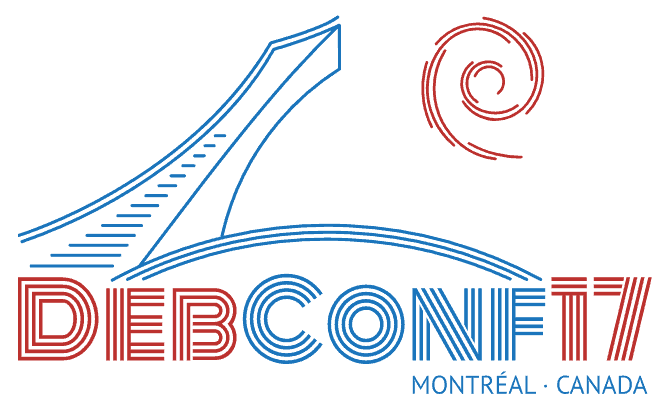
For years now Google has used Ubuntu as the base for their own private in-house OS, Goobuntu, to what they are now calling gLinux, which will be based off the unstable Debian-Testing branch for Debian 10 “Buster.â€
Using the testing branch of Debian does mean that the stability of the OS could be questioned, since Debian Stable is known as virtual unshakable, but Debian testing is almost the complete opposite at times.
During the announcement which was done at Debconf2017, Margarita Manterola, an engineer with Google, explained how packages will be rebuilt, and then tested. If a package is buggy or needs work, it will be patched and worked on by Google, before it is then inserted into the gLinux operating system.
So, if Google doesn’t skimp out on the testing and patching aspect of things, then they have the power of Debian testing, stabilized – a nice setup really.
With that said, gLinux again is a private and in-house OS used by Google, and is not something that will likely ever be released to the public.
Martin's note: It appears, however, that Google plans to contribute to the Debian Project which will benefit the community.
Google has not made public what desktop environment will be used, leaving some to guess or theorize. I personally believe that either GNOME or Cinnamon will be used, given that GNOME is once again growing in popularity, and is very customizable.
However, I also wouldn’t be surprised if KDE could potentially be used, given its very advanced and already powerful tools such as the amazing File Manager, Dolphin.
Closing Words
In a way, I’m a little surprised at the change myself, given that Ubuntu is based off Debian and therefore has many of the same abilities (such as the amazing APT package manager), so I’m not entirely sure what the motivation behind the move could be, besides wanting to use Debian rather than Ubuntu to have more ability to customize their system closer to upstream releases of packages, rather than having Ubuntu scrutinize packages first.



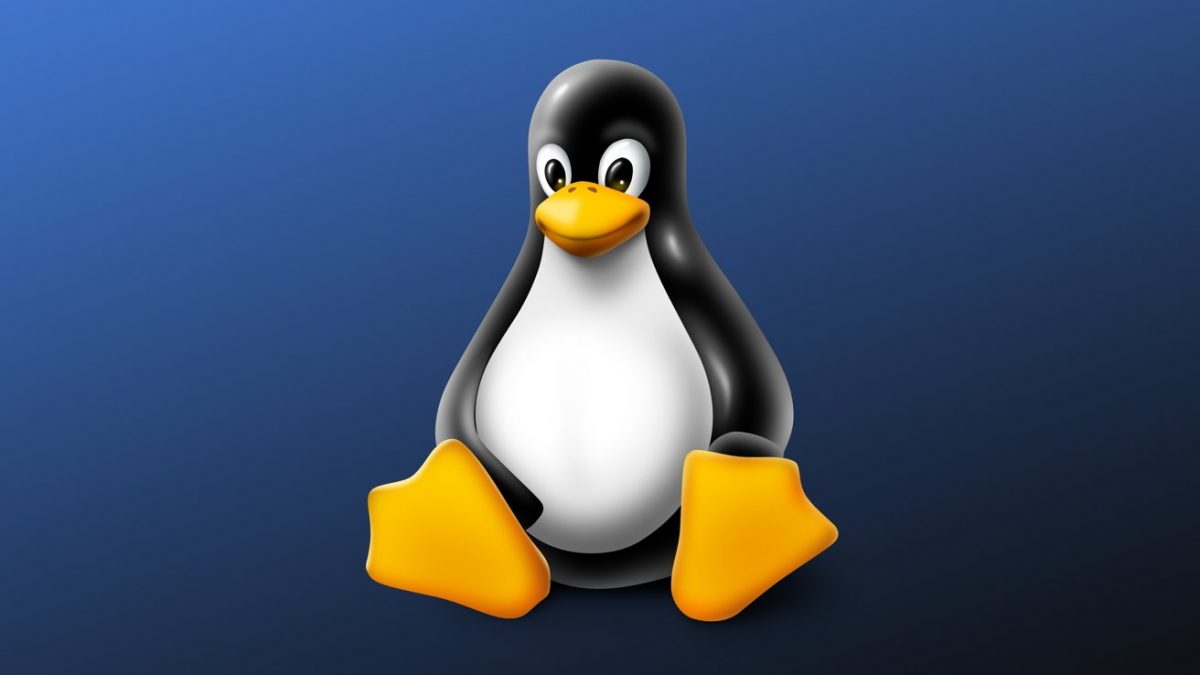

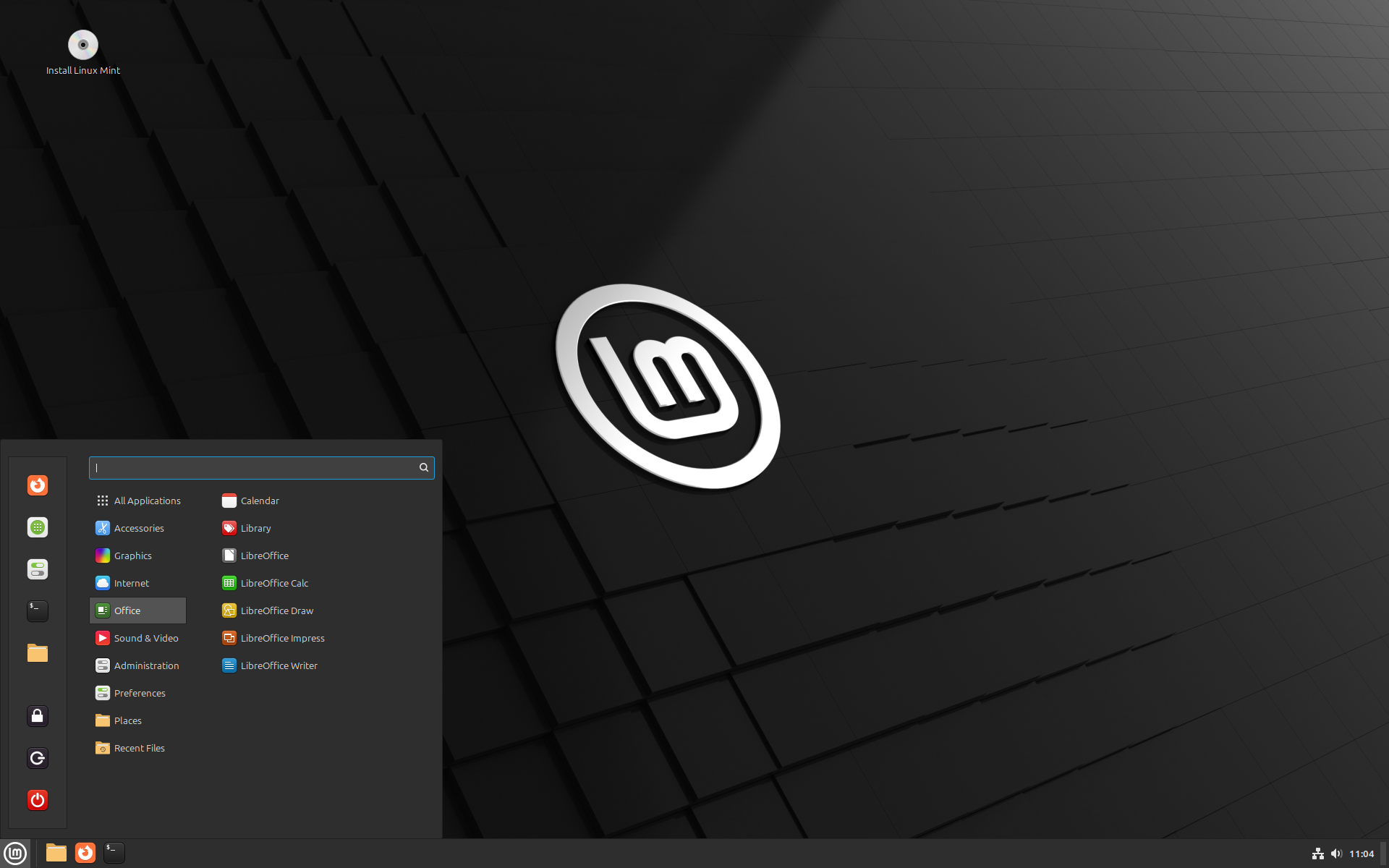






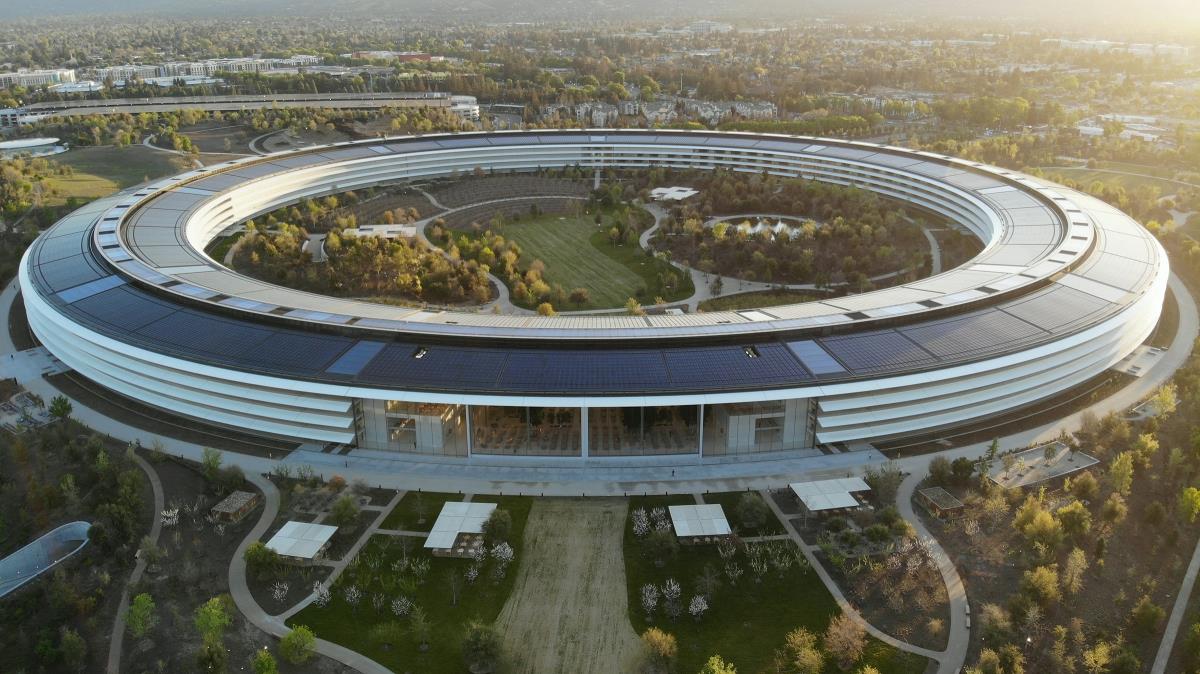

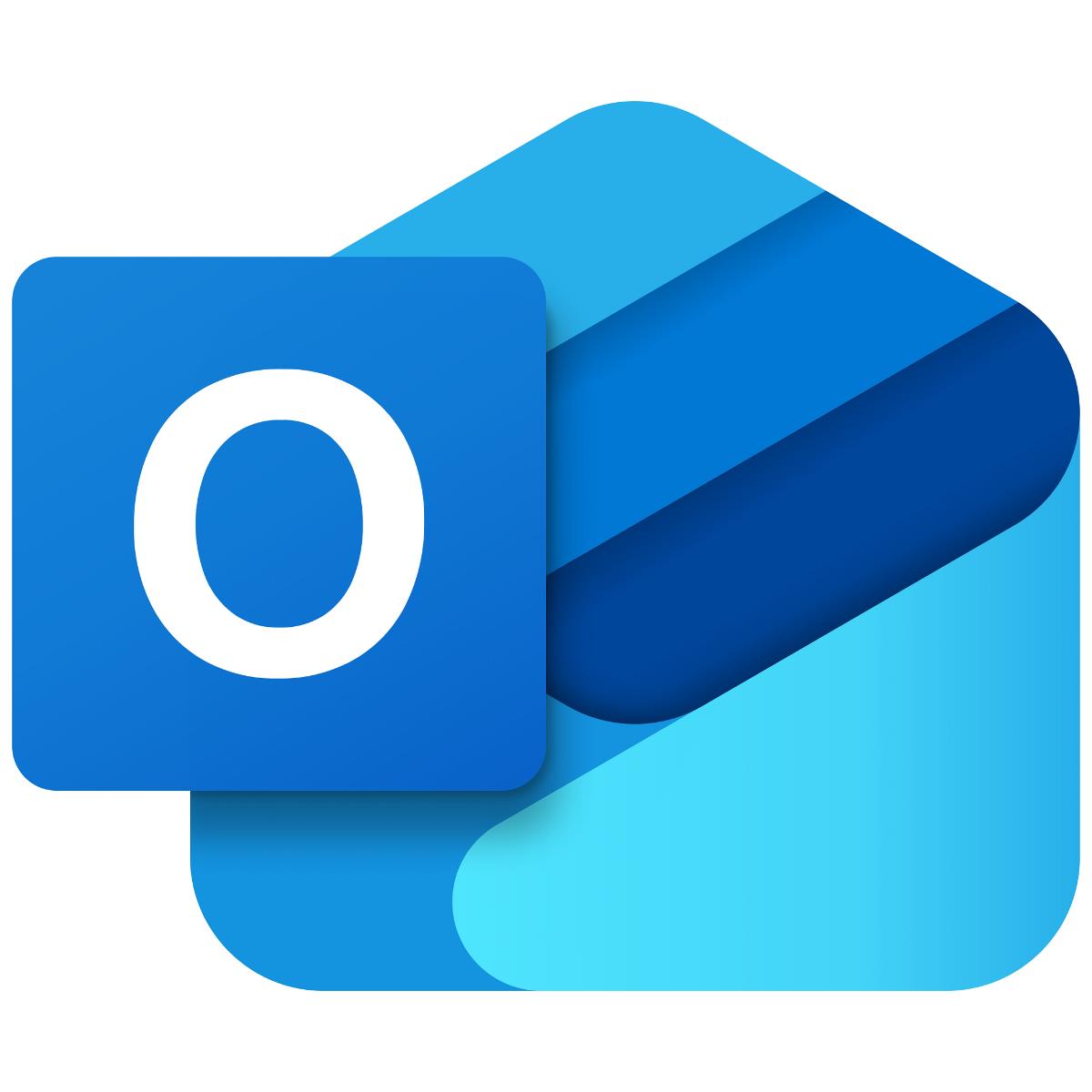

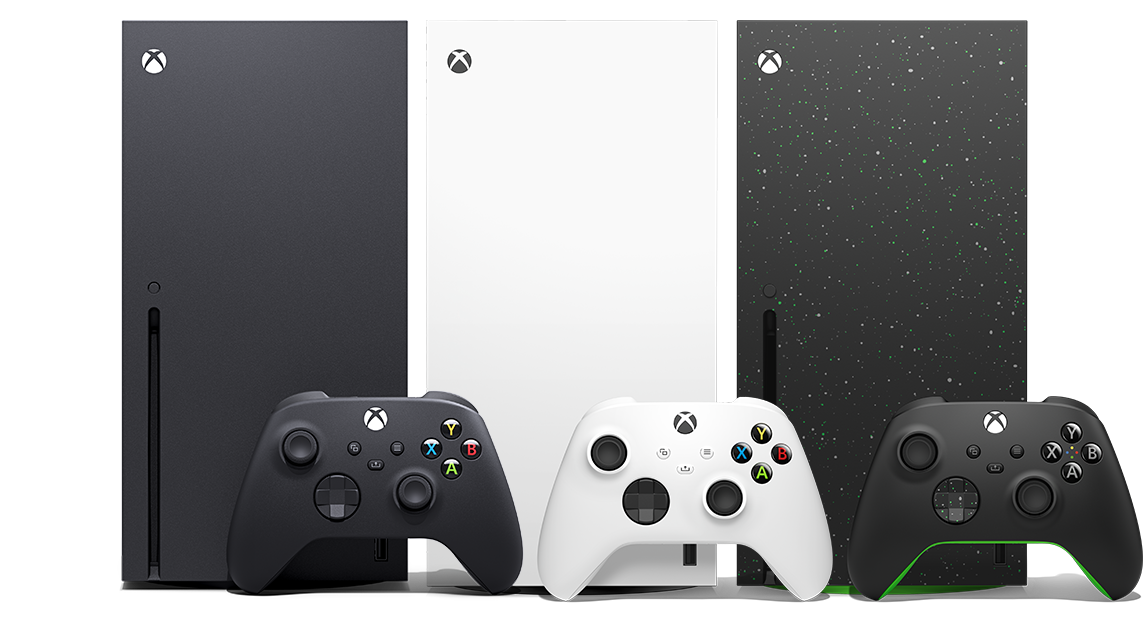
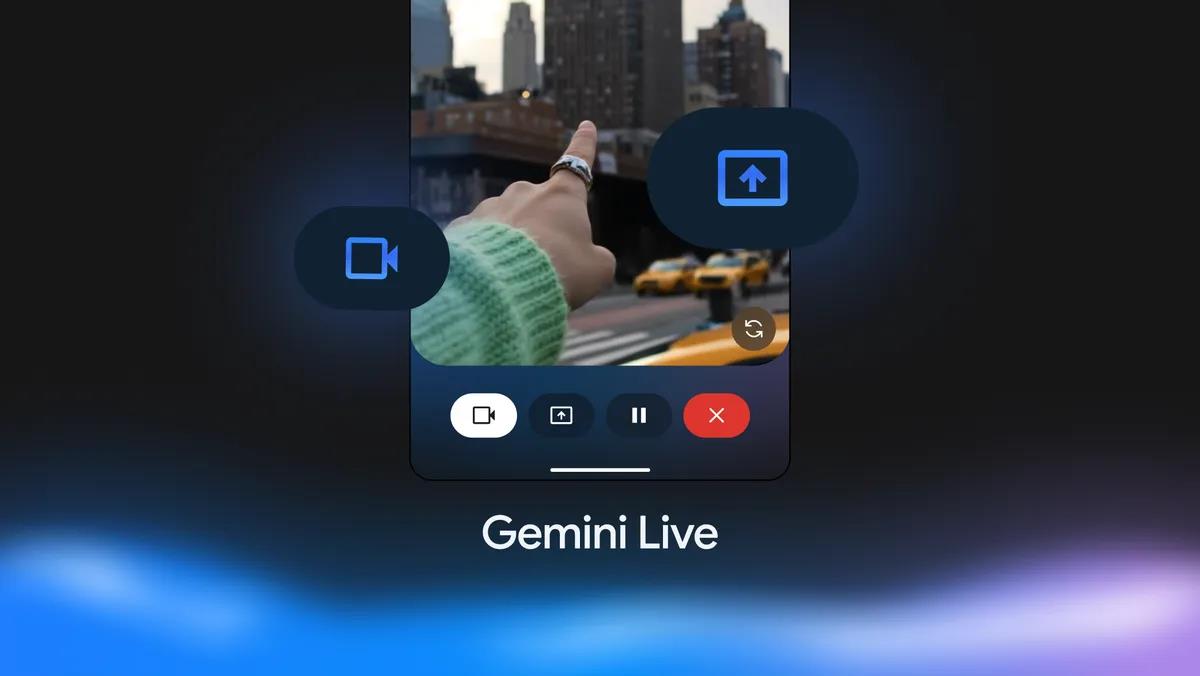

in my previous company, we were trying to shift users to linux desktop and they rejected it. the most common reason is the “windows doesn’t look nice and doesn’t work as expected”.
i don’t blame as maybe most of them started and only get exposed to MS Windows. looking at all the GUI desktops availble now, i understand them. now if Google can also contribute to the X Window system to make it look “nice” i guess more ordinary folks will adapt to linux.
You can get a really nice GUI already by using themes or distros like ElementaryOS or Manjaro for example but older ones does indeed often use old themes by default.
If Google wanted a rolling release model, why didn’t they go with Arch?
Arch does tend to break more often, in theory at least.
My guess is because package updates on Arch don’t undergo as much testing to verify that they don’t break other packages. I’ve borked my own Arch system a couple of times by accepting a raft of updates, and had to spend a significant amount of additional time downgrading and identifying the guilty update. For this reason major companies rarely go for bleeding edge systems like Arch (or Debian unstable for that matter). On the other hand, Debian testing holds off on their updates until significant amounts of compatibility testing can be done. So you don’t get the updated packages quite as fast, but certainly faster than waiting for a pre-defined 6-month release cycle.
“I’m not entirely sure what the motivation behind the move could be…”
Debian testing is rolling release, so there’s no need for periodic major updates as there is with Debian stable or Ubuntu. And as far as rolling release distros go, Debian testing is probably as stable as they come. So my guess is that Google is aiming for that happy medium between ultimate stability and bleeding edge (like Arch).
Arch based distros are surprising stable. Most of the problems I have seen have been with AUR packages having dependency issues, not that common but does occur. Debian and Arch have years of experience with rolling releases and have a very good idea of what not to do.
Martin, no reporting about the new Tor Browser 7.5 launch? blog(dot)torproject(dot)org/tor-browser-75-released
It is out now ;)
>… Google could have dethroned M$-Win 10 in the desktop OS market if they had foisted their Goobuntu on ordinary consumers instead of the crippled web&ad-based ChromeOS.
Yes, could this possibly be related to a long-term Google plan to provide a serious competitor to Windows on the desktop? Let’s hope…
Welcome back Mike.
Thanks ;)
Shouldn’t Google be using their own “great” ChromeOS as their own private in-house OS instead of Goobuntu or the Debian-based gLinux.?
… Google have been foisting their ChromeOS and Chromebooks on ordinary consumers while using Goobuntu in-house. Isn’t this hypocrisy.? Or “Do as I say and not as I do”.?
Nevertheless, Google could have dethroned M$-Win 10 in the desktop OS market if they had foisted their Goobuntu on ordinary consumers instead of the crippled web&ad-based ChromeOS.
… Google successfully out-competed M$-Win 10 Mobile and Apple-iOS with their Linux-based Android OS – another crippled OS.
ChromeOS is only for opening Email and Facebook.
Linux will never dethrone Windows. Linux is only used for servers because it’s free. Even simple systems like ATM and POS are also using Windows for the OS.
Ironically Android is thriving because it’s free. Windows Mobile and IOS have fee per device, especially Apple devices are pricey so no way it can compete in general market.
The reason why Android succeeded and LInux failed was because there’s no worthy mobile OS competitor at the time while desktop OS was pretty much already dominated by Windows
“””Android succeeded and Linux failed.””””
No comment. Android is Linux. Not GNU/Linux, definitely Linux.
“””Linux is only used for servers because it’s free.”””
I am using Linux right now on my desktop and it’s not a server.
Chrome OS is for servers? I am asking because Chrome OS is modified Gentoo with a nice desktop environment.
Linux is used on servers too, even your car uses Linux.
“””Linux will never dethrone Windows”””
That’s true, the main reason is that Windows is pre-installed when you buy a PC. So normal people are stuck with it.
Also there are people who rely on specific software or games that work only on Windows. They are stuck with Windows because of that.
“…Google plans to contribute to the Debian Project which will benefit the community.”
LOL, really, just benefit? Since when does Google do anything for nothing?
Google and Amazon are not friends together (:
This could be a good thing if Google submits their stability improvements and other modifications as proposed upstream patches and revisions in a timely manner. People may not be able to download “gLinux” for home use, but getting more Google engineers working on stablizing and improving what is essentially Debian means that Debian should benefit from a lot of that work, along with its offshoots like Ubuntu, Mint, PopOS, SteamOS, etc. (And maybe even further upstream than Debian). The key to that working would be whether patches being submitted, how quickly they are submitted, and whether or not they afe accepted and merged quickly where appropriate by the people in control of Debian and its forks rather than being rejected just because they didn’t come up with them themselves. That’s the middle case scenario.
Best case would be Google releasing their entire code the day its pushed out internally, alongside submitting patched to Debian and upstream products. The former would allow a new project to outright clone it on a slight delay without the branding and graphics, probably with the reintroduction of some hardware drivers Google doesn’t need to support (ie It would be to gLinux as CentOS is to Red Hat). The latter ensures existing products still get improvements in a process that is process friendly to other distros and their developers. Getting everything in this paragraph together is unlikely- That’s why its called “best case”.
Worst case is that by only releasing it internally, Google may feel they don’t have to release the code, or may simply release the code on a long delay and sort of just dump it in ways that make it hard or no longer relevant to integrate into existing Linux distros- sort of a bare minimum GPL compliance thing that goes against the spirit of open-source software.
Honestly, Google is very good at creating and maintaining very stable understandable operating systems for the average user. Android is a good example of this (for phones), and runs on a forked Linux kernel. As those are areas actual Linix distros struggle with- it could drive a lot of improvement.
The issue Google has had with their consumer facing PC OS, Chrome OS, is that it is more a browser with some elements of an operating system than a real operating system. However, that’s by design (They want to push people to the cloud where they make their money). Its a different market than the people who read this site or even the people who work for them, for the most part. There’s no reason to think that they couldn’t do a great Debian fork with all the trimmings for their own use if they wanted to, and other distros that people can actually download could benefit from those improvements, as ultimately eventually reflected in the non-Google distro of their choice.
Thanks.
I didn’t understand a word of that. I assume that was English. LoL
Just messing. I actually wish I was more proficient on the subject. I can get around Linux Mint in VirtualBox but still… Appreciate the insight.